CRISPR, an extraordinarily powerful genome-editing tool invented in 2012, can still be clumsy. It sometimes changes genes it shouldn’t, and it edits by hacking through…
Comments closed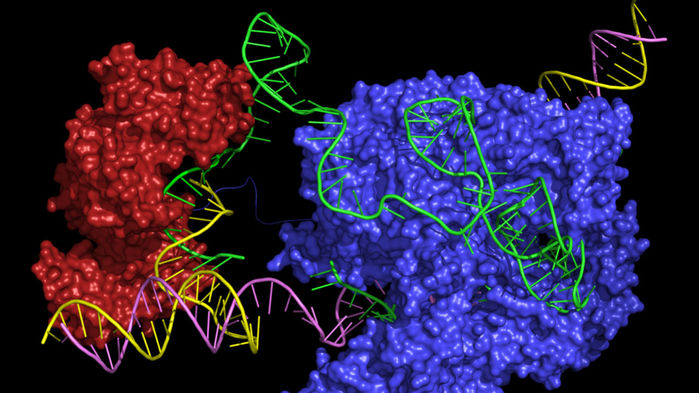

CRISPR, an extraordinarily powerful genome-editing tool invented in 2012, can still be clumsy. It sometimes changes genes it shouldn’t, and it edits by hacking through…
Comments closed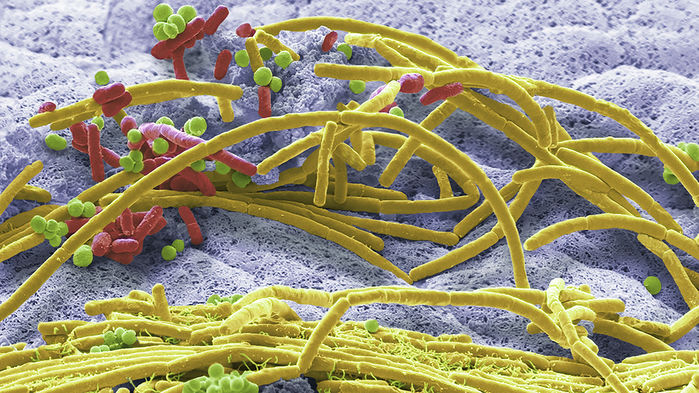
Microbiome. Coloured scanning electron micrograph (SEM) of bacteria cultured from a fingertip. There are around 1000 species of bacteria from 19 phyla found on human skin. Skin flora is usually non-pathogenic, and either commensal (not harmful to their host) or mutualistic (offer a benefit). One benefit bacteria can offer is preventing transient pathogenic organisms from colonizing the skin surface, either by competing for nutrients, secreting chemicals against them, or stimulating the skin's immune system. However, resident microbes can cause skin diseases and enter the blood system, creating life-threatening diseases, particularly in immunosuppressed people. Magnification: x3000 when printed at 10cm wide.
In the past decade, increasingly powerful genetic techniques have found hordes of microbial DNA in everything from the human gut to a scoop of seawater.…
Comments closed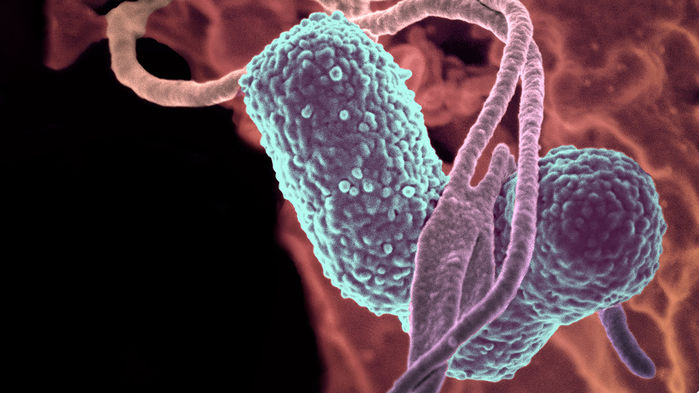
Klebsiella pneumoniae bacteria. Colored scanning electron micrograph (SEM) of Klebsiella pneumoniae bacteria with a neutrophil, a type of white blood cell involved in defense against bacterial infections. K. pneumoniae is one of several bacteria that can cause pneumonia (lung inflammation). It causes a severe form that can be a complication of chronic lung diseases. K. pneumoniae is also a multidrug-resistant bacterium that can cause severe hospital-acquired infections.
A man in China who, after eating high-carbohydrate or sugary meals, became so intoxicated that he blacked out, has led researchers to discover strains of…
Comments closed
Police in the Democratic Republic of the Congo (DRC) have arrested the former health minister, Oly Ilunga Kalenga, for allegedly mismanaging $4.3 million in Ebola…
Comments closed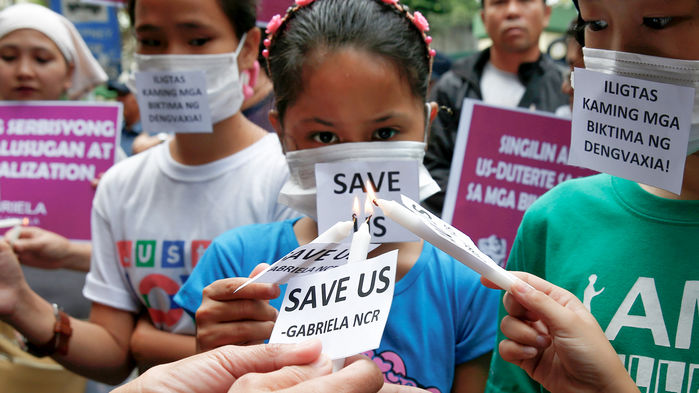
Public health experts are debating how to help the 1 million children in the Philippines who received a new vaccine against dengue that could, in…
Comments closed
As Zika virus raced through the Americas and the Caribbean in 2015 and 2016, it infected an estimated 800,000 people and left nearly 4000 newborns…
Comments closed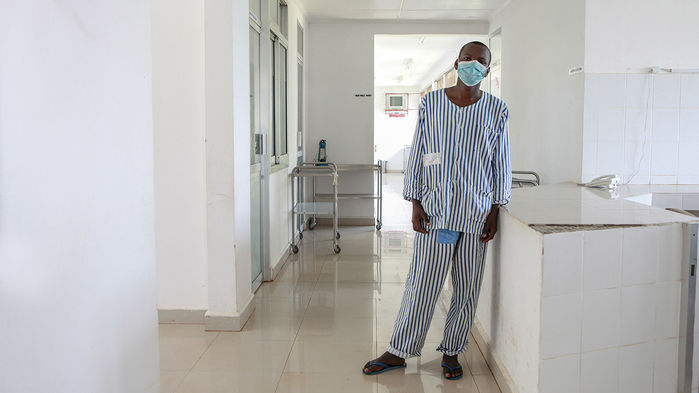
*Update, 15 August, noon: The U.S. Food and Drug Administration (FDA) yesterday approved a new drug, pretomanid, to treat highly drug-resistant tuberculosis (TB). The drug must…
Comments closed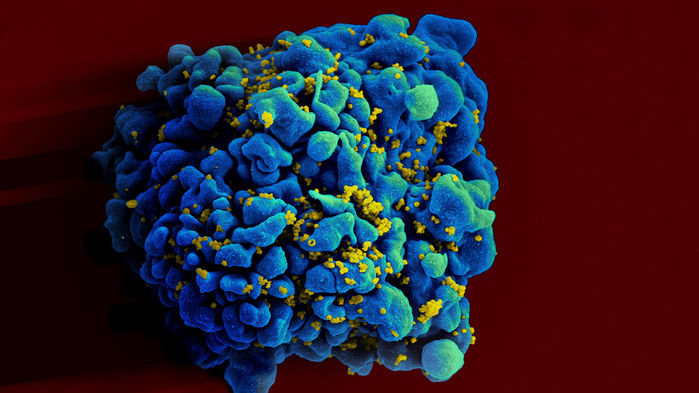
Drugs work stunningly well to control HIV—but not in everyone, and not without side effects. That’s why a small cadre of patients known as elite…
Comments closedStory by Jon Cohen; graphics by Nirja Desai. This story introduces Science‘s CRISPR in China series, supported by the Pulitzer Center. For many people, CRISPR plus…
Comments closed